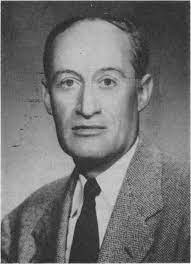Redfield, Robert

Bio: (1897-1958) American sociologist and anthropologist. Robert Redfield received his Ph.D. from and taught at the University of Chicago. He conducted ethnographic research in Mexico and India. He contributed to the development of several disciplines: rural sociology, linguistic anthropology, physical anthropology, and archeology. In his works, he researched the influence of modern civilization on the rural communities of the descendants of the Maya in Mexico. He concluded that technological, media, and social changes, in modern times, have not destroyed traditional culture. He advocated a "rural-urban continuum" approach. Instead of viewing rural communities in isolation from the wider civilization, he believed that there was a continuum, from small communities to the largest cities. Although the inhabitants of cities are more secular and individualistically oriented, there are no clear lines of separation, but continuous changes in the patterns of social organization and values, which go from the smallest to the largest settlements. Trade has in the past connected rural communities with urban communities, while the impact of modernization and urbanization has only further connected these settlements and communities.
Fields of research
Anthropology City Civilization Community Culture Language Modernity and Modernization Rural Technology TraditionTheoretical approaches
Chicago SchoolMain works
Tepoztlán, a Mexican Village: A Study of Folk Life (1930);
Chan Kom: A Maya Village (1934);
The Folk Culture of Yucatan (1941);
A Village that Chose Progress: Chan Kom Revisited (1950);
The Primitive World and its Transformations (1953);
The Little Community (1955);
Peasant Society and Culture: An Anthropological Approach to Civilization (1956).

